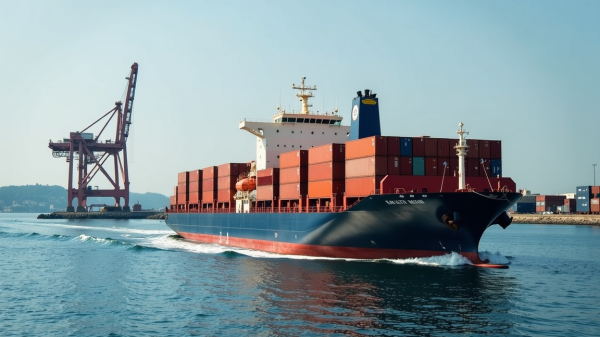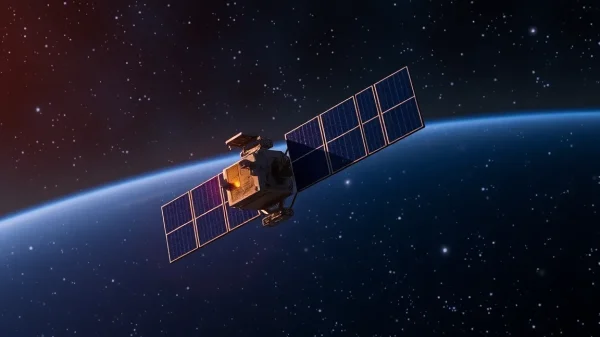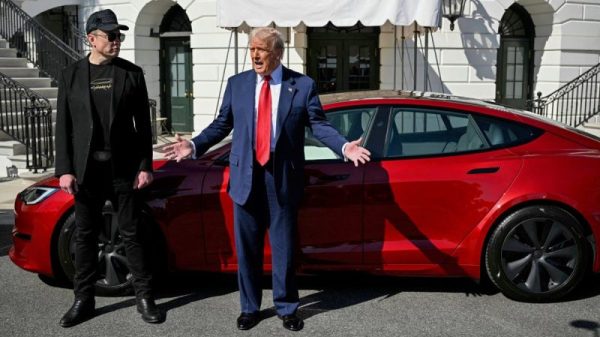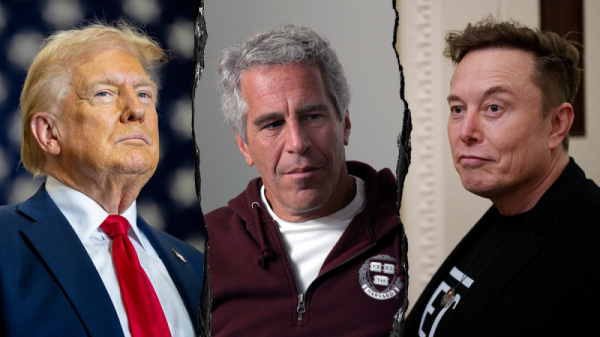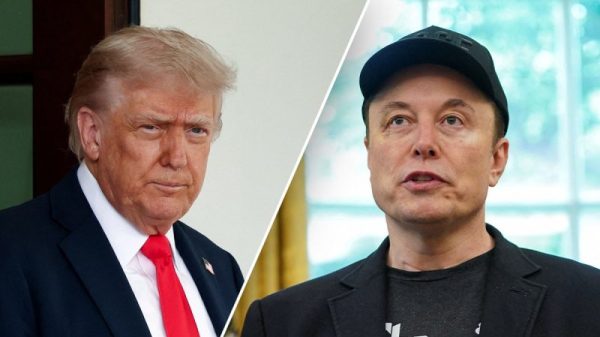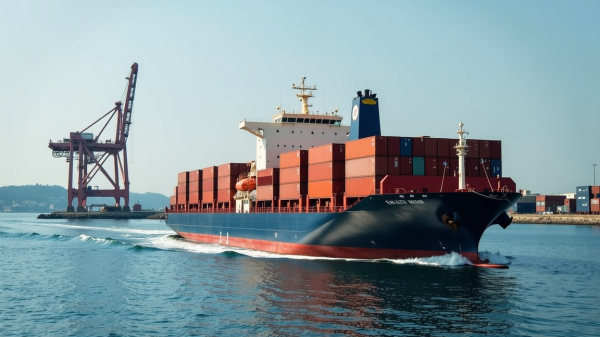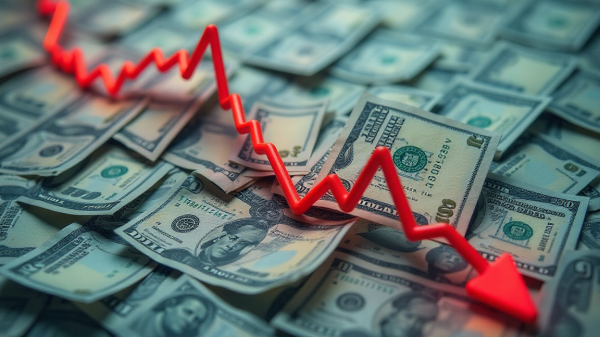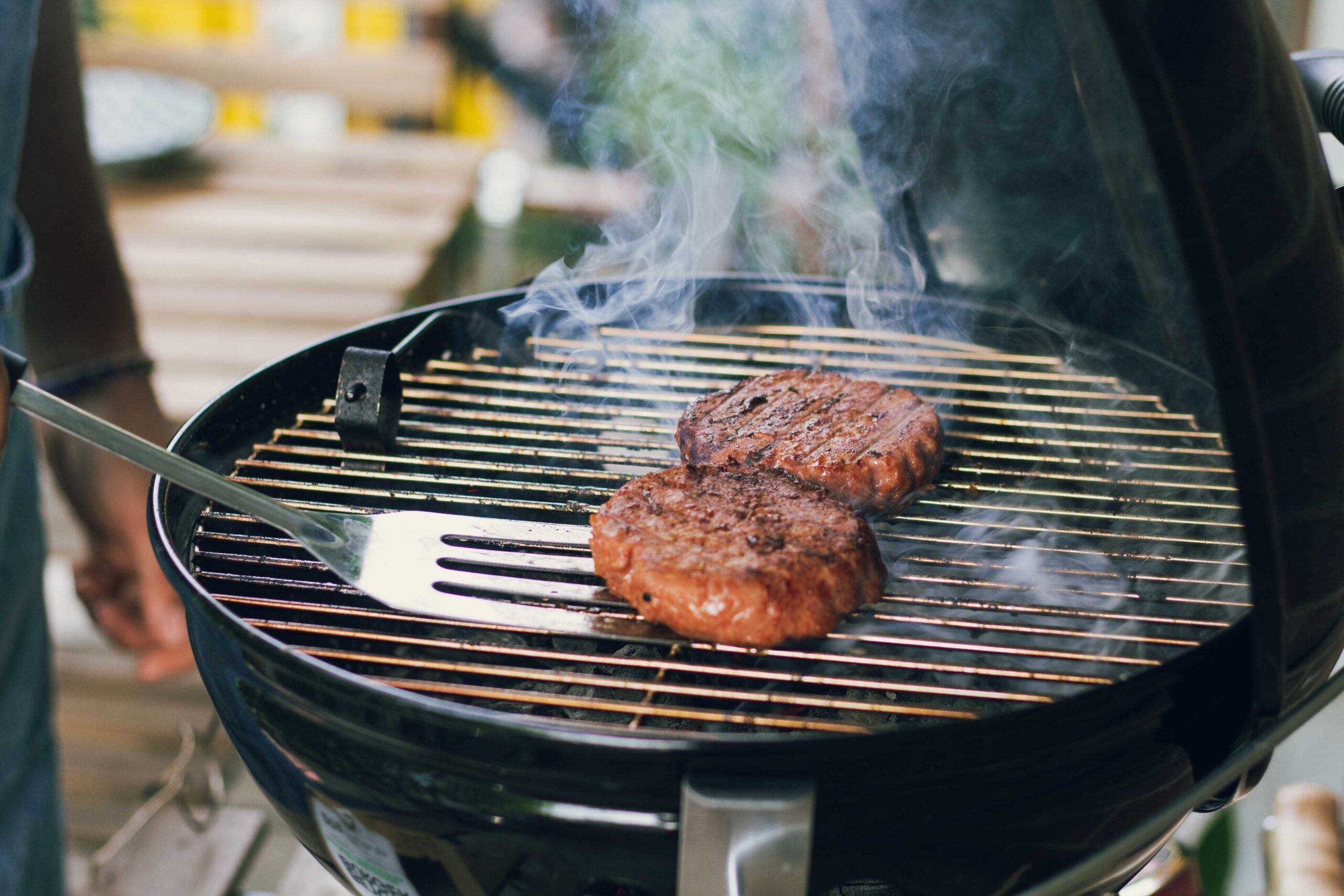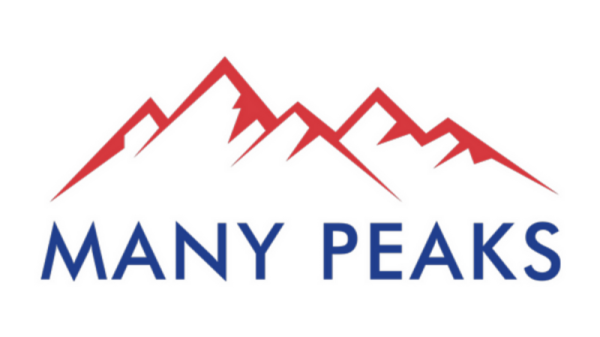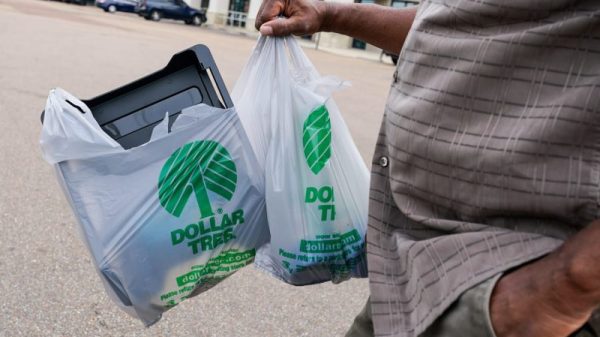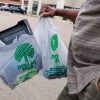Last week, when US President Donald Trump declared tariffs on imports from numerous countries, he specifically mentioned Australian beef.
He expressed his understanding of Australia’s ban on US beef due to mad cow disease concerns,
“They won’t take any of our beef, and I don’t blame them,” Reuters quoted Trump as saying in a report.
Australian beef industry insiders say that despite Trump’s 10% tariff on Australian products, beef exports to the US have been unaffected and are running at record levels of $275 million per month on average over the six months leading up to February.
US exports to China are in trouble
China’s retaliatory tariffs and its decision not to renew the local registration of hundreds of US meat facilities jeopardise approximately $125 million worth of monthly US beef exports to China.
This situation creates an opportunity for Australia, Brazil, Argentina, and New Zealand to increase their beef shipments to China.
Andrew McDonald, whose Bindaree Food Group runs meat processing facilities in Australia and ships beef to the United States, stated that he was not overly concerned by 10%.
US buyers had paused orders for weeks while waiting to see the outcome of Trump’s tariff action.
McDonald said that the tariff announcement had renewed their interest in Australian beef and that demand in China was also increasing.
He said:
It’s a good outcome for Australia.
Quarter pounder
The surge in US beef imports is a direct consequence of prolonged dry weather conditions that have severely impacted domestic cattle herds.
These adverse weather patterns have caused cattle numbers to dwindle to their lowest point since the 1950s.
This significant reduction in cattle populations has had a cascading effect on the US beef industry, leading to decreased beef production and a subsequent increase in domestic beef prices.
As a result, the US has become increasingly reliant on beef imports to meet consumer demand.
Industry analysts predict that it will take a considerable amount of time, potentially several years, for domestic cattle herds to recover and for domestic beef production to rebound to pre-drought levels.
This extended recovery period underscores the severity of the drought’s impact on the US beef industry and the challenges it faces in regaining self-sufficiency.
Due to wet weather, Australia’s cattle herd has increased, resulting in a surplus of supply.
This has positioned Australia as the largest beef exporter to the US, offering competitive prices and lean cuts that are currently in short supply in the US market.
Australian prices
The price of imported Australian lean trim beef in the US was approximately $3.12 per pound (nearly half a kilogram) prior to the tariff, according to Rabobank analyst Angus Gidley-Baird.
The price of a quarter-pounder made with some Australian beef only rose by 2.5 cents, as the local product was priced around $3.80, according to the report.
Even with the tariff, the price was raised to $3.43 a pound, which was still significantly less expensive than the local product, Baird added.
The sharp decline of the Australian dollar against the US dollar will largely offset the pain felt by Australian producers due to increased costs, which are likely to be distributed throughout the supply chain.
This is due to the fact that a weaker Australian dollar incentivises US buyers to increase purchases, while also providing Australian sellers with more local currency for every US dollar they receive.
Dennis Voznesenski, an analyst at Commonwealth Bank, stated that Canada and Mexico are the only major beef exporters not subject to US tariffs.
However, they have limited capacity to substantially raise shipments in the near future.
Meanwhile, China, the third-largest importer of US beef after South Korea and Japan, responded to Trump’s tariffs with retaliation.
The United States accounts for 10% of China’s beef imports by value. China is the only major buyer of US beef to have retaliated against the tariffs.
The post How Australia is gaining advantage in beef market amid US-China trade war appeared first on Invezz






